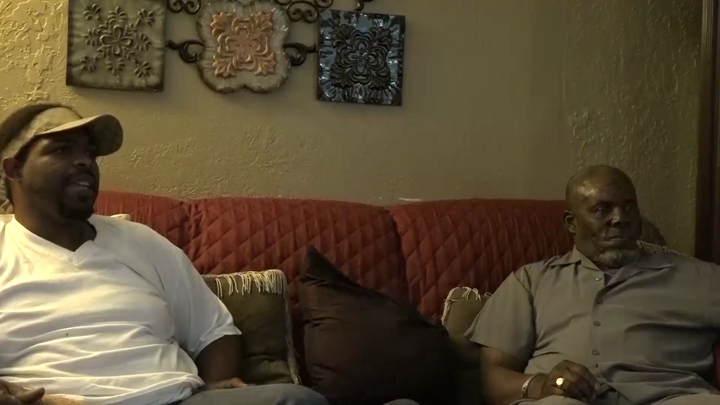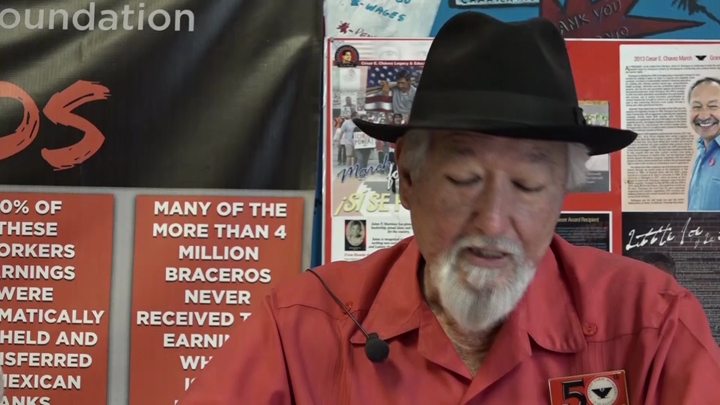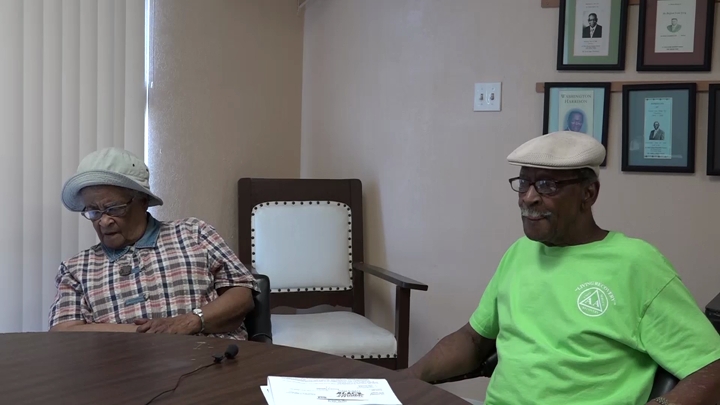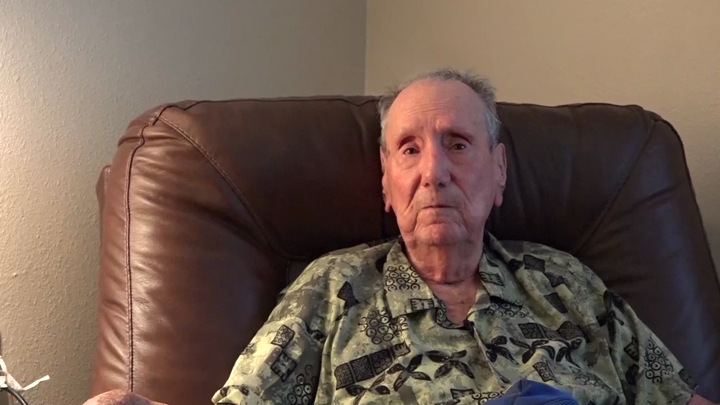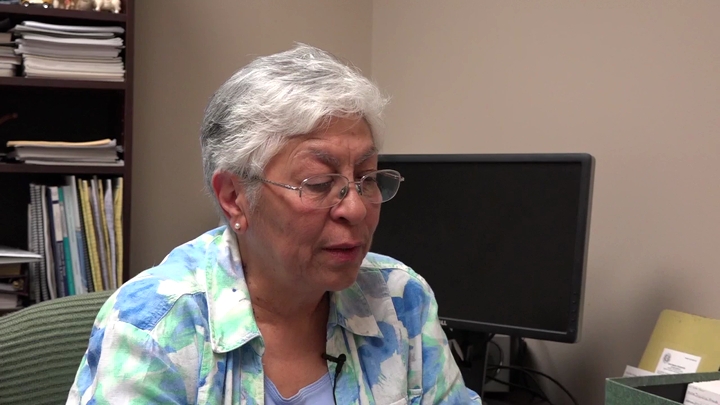Lee / Black Power and Work, Part Two
sign up or sign in to add/edit transcript
Lee: Because it never did—we never did have walk-outs and strikes in this area. It never got to that and thank God it didn’t, but it never got to that. Interviewer: How would you rate your union in terms of effectiveness while you were working? Lee: Well the union was okay, but it didn’t do anything. To me it should have done better while I was working there because I was in an accident (inaudible) and I don’t think the union steward was with me and helped me any. So, I don’t have any—as far as the money-wise, I liked the union, but far as them helping you if you get injured or hurt, something on the job, union’s not going to do anything for you. Interviewer: And was there any kind of labor unions or anything in the (inaudible)? Proctor: No, I’ve never been part of a union, but I have encountered the racism on a job. I was in the oilfield for two years. I came in through a staffing agency and in six months’ time, I learned how to run their machine and build their tools. So, a position came open for a machine operator. I was given the job by a Caucasian guy, one of my supervisors. Another guy, one of the other supervisors came back off of his vacation and was upset about me running the machine. He pulled us in the office and told me in my face that he did not want me on the machine, he wanted another guy on the machine, which the guy wasn’t qualified. I wasn’t qualified, but I could run it and the other supervisor was going to go ahead and qualify me to run it, go ahead and give me my status. So, he didn’t want me on that machine because they got paid more and the position that the other guy had didn’t pay what I was even starting with. So, he didn’t want me to move up. That created a lot of tension. The whole time I was there was a lot of tension. They tried to make me quit by piling a lot of work on me, but I’m not scared of hard work. What they would pile on me, I would do that and more just to show them okay, I’m not going to quit, you can just keep giving it to me. It’s work, that’s what you pay me to do. It’s nothing that you’re doing wrong to me, but you can tell the tension. Interviewer: Was there ever anything explicit? Did they ever say anything explicitly about? Proctor: I mean, not to my face. I don’t think it would have ever got to that point, but yeah, you could hear saying, under the breath talk, things of that nature, but never directly to my face.
| Interview | Interview with Charles Lee and Toddrick Proctor |
| Subjects | Work |
| Work › Occupations | |
| Work › Labor Unions | |
| Work › Discrimination at Work | |
| Work › Discrimination at Work › Discrimination at Work: Promotions and Seniority | |
| Work › Discrimination at Work › Discrimination at Work: Struggles Against | |
| Direct Action › Strikes | |
| Direct Action › Walkouts | |
| Tags | American Federation of Labor and Congress of Industrial Organizations (AFL-CIO) |
| Oil Industry | |
| sign up or sign in to add/edit tags | |
| Interview date | 2016-07-21 |
| Interview source | CRBB Summer 2016 |
| Interviewees | Lee, Charles |
| Proctor, Toddrick | |
| Interviewers | May, Meredith |
| Duration | 00:02:54 |
| Citation | "Black Power and Work, Part Two," from Charles LeeandToddrick Proctor oral history interview with Meredith May, July 21, 2016, Tammany, TX, Civil Rights in Black and Brown Interview Database, https://crbb.tcu.edu/clips/3144/black-power-and-work-part-two, accessed February 27, 2026 |


